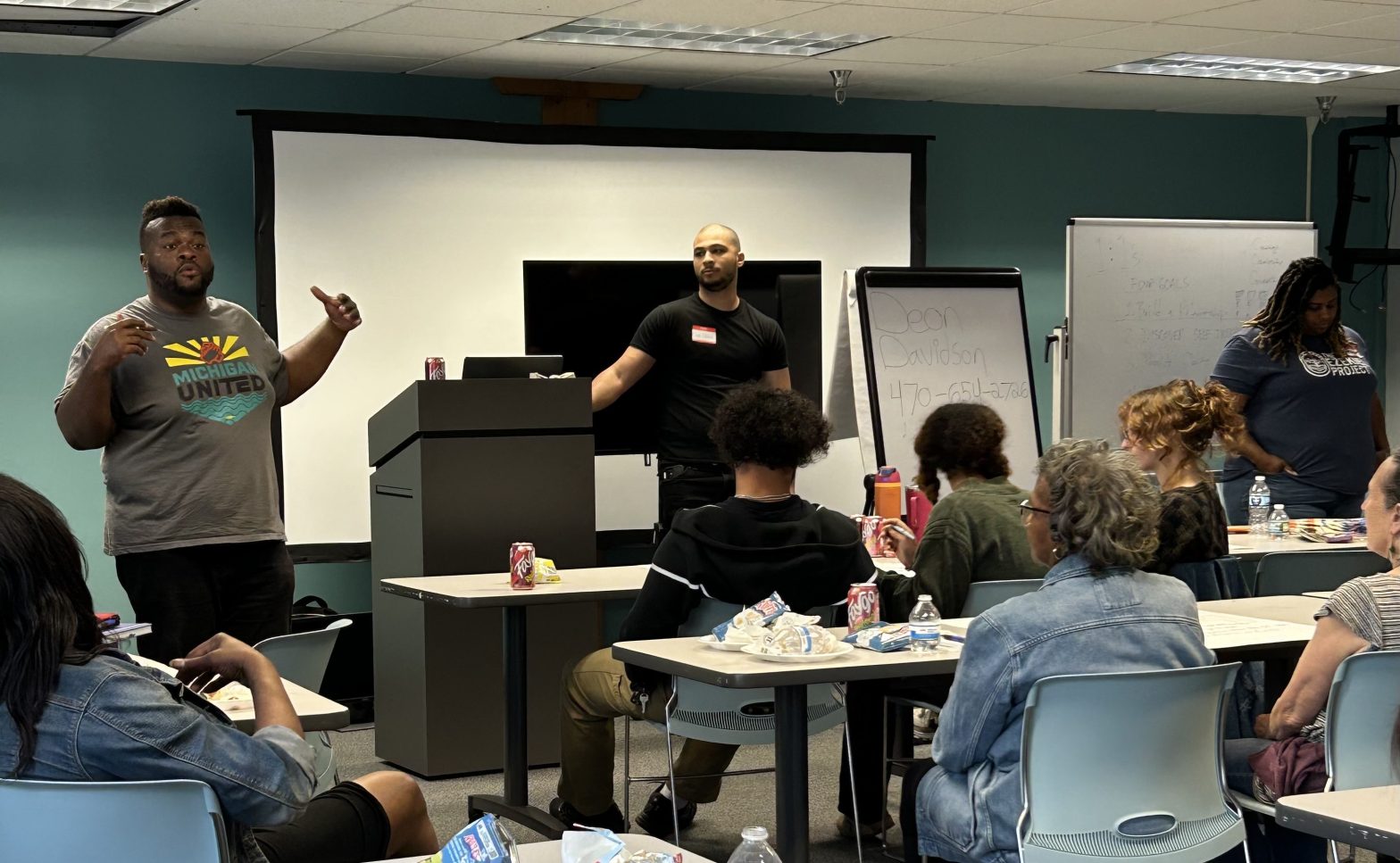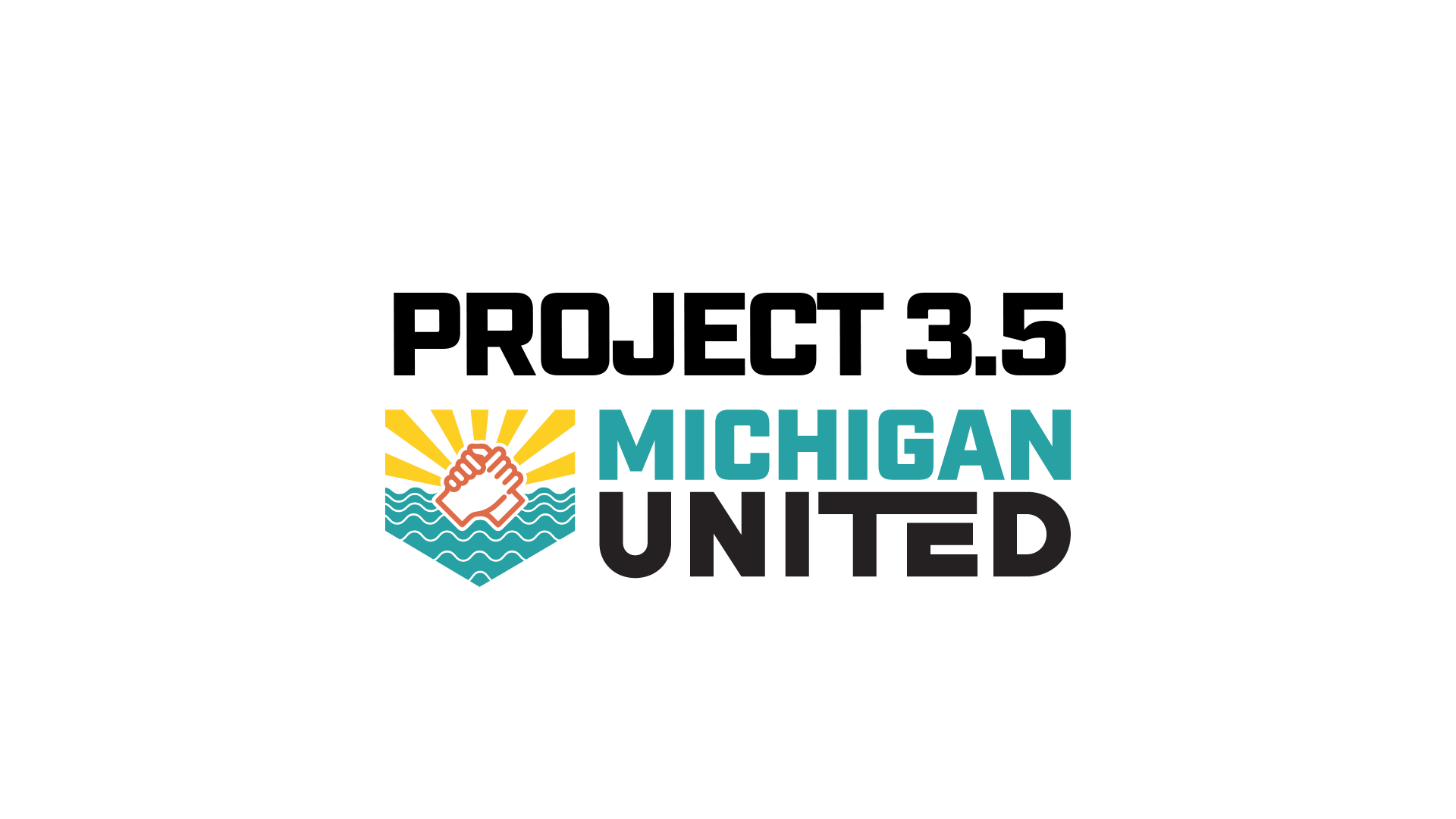Technology
Support a Pilot Project to Survey Liberal Non-voters in the '24 Election
In the 2020 election, 6.5 million liberals who voted for Biden either did not turn out or split their vote in 2024. As a result, Harris lost by approximately 2.4 million votes—that’s the election, plain and simple.
Our pilot aims to survey the thoughts, emotions, and contexts behind non-voting. We propose using both traditional and AI-powered tools to analyze responses.
Artificial intelligence helps us dissect large volumes of direct voter feedback to identify the specific sentiments and issues driving behavior. Combining this data with traditional metrics adds a new dimension to voter behavior. This data-driven approach allows us to develop more precise messaging, policy, and organizing strategies as we prepare for 2026.
We need your help to raise $25,000 for the survey, voter outreach, and analysis. Take a look at our pilot and give to help correct the conversation about why we lost in 2024.
If you think we've got a good plan, give to help us enable it. If you think we need to listen more to the people than the pundits, give today.
DEMONSTRATING THE BENEFIT OF AI IN COMMUNICATIONS
Two Voter Profiles, Choose the Most Useful One
We want to give liberal communicators and policy people the best information available
Below you'll find two voter profiles. One lists the data and demographic descriptions we'd usually expect when researching voter audiences. The other includes all of the extra insights unlocked by artificial intelligence.
If you're a policy analyst, which one gives you a better idea of context? If you're an organizer, which one helps you prepare volunteers for voter outreach? If you're a communicator, which profile gives you the best chance at creating an effective message or strategy?
Traditional Voter Profile: Wage-Worried Will
The following profile represents the kind of data we normally use to begin policy analysis, comms strategies and organizing campaigns.
Demographics:
Name: Will
Age: 34
Location: Detroit, MI
ZIP Code: 48204
Congressional District: 10
House District: 34
State Senate District: 5
State House District: 44
County: Wayne
Township: Curtis
Household Income: $45,000/year
Occupation: Retail worker, part-time gig worker
Household: Single, supporting younger sibling
Voting History:
Voted in Primary & General Elections, last five cycles
2024
2022
2020
2016
Voted in municipal & off year elections
2023
2019
Voting Scores
Catalist, Harris support 2024: 61
Catalist, generic Democrat support 2022: 76
Catalist, Biden support 2020: 94
Catalist, Clinton support 2016: 62
Organizing History, last 365 days:
50 one on ones
5 leaders recruited
14 events attended
100 volunteer hours
AI-powered Voter Profile: Wage-Worried Will
The following profile represents the kind of data we CAN use to begin policy analysis, comms strategies and organizing campaigns.
Primary Concern:
Will is deeply concerned about earning enough to cover rising living costs. He seeks stable employment that offers a living wage, fair benefits, and job security.
Demographics:
Name: Will
Age: 34
Location: Detroit, MI
ZIP Code: 48204
Congressional District: 10
House District: 34
State Senate District: 5
State House District: 44
County: Wayne
Township: Curtis
Household Income: $45,000/year
Occupation: Retail worker, part-time gig worker
Household: Single, supporting younger sibling
Voting History:
Voted in Primary & General Elections, last five cycles
2024
2022
2020
2016
Voted in municipal & off year elections
2023
2019
Voting Scores
Catalist, Harris support 2024: 61
Catalist, generic Democrat support 2022: 76
Catalist, Biden support 2020: 94
Catalist, Clinton support 2016: 62
Organizing History, last 365 days:
50 one on ones
5 leaders recruited
14 events attended
100 volunteer hours
NLU Data Analysis:
Key Terms from LSA Economic Well-being Survey Analysis
- Top Words: living wage, fair pay, cost of living, minimum wage, workers, policy
- Dominant Emotion: Sadness
- Sentiment Score: -0.65 (predominantly negative, reflecting dissatisfaction with current wages)
A Look at the Five Component Emotions in the Survey
- Anger: 0.063 (resentment toward employers and policymakers for insufficient wages)
- Disgust: 0.050 (disdain for economic inequality and corporate greed)
- Fear: 0.088 (worry about financial instability and potential job loss)
- Joy: 0.331 (hope sparked by potential wage reforms and community support)
- Sadness: 0.276 (disappointment with current economic conditions and personal financial struggles)
Top Concepts Related to "A Living Wage"
- Living wage (72 mentions, Relevance: 0.95): Central to Will’s worldview, symbolizing fair compensation.
- Wage (71 mentions, Relevance: 0.64): Reflects Will’s preoccupation with earnings and how they fail to meet his daily needs.
- Employment (70 mentions, Relevance: 0.68): Highlights Will’s need for job security and stable income.
- Labour economics (69 mentions, Relevance: 0.66): Shows Will’s understanding of economic forces affecting wages.
- Poverty threshold (69 mentions, Relevance: 0.54): Represents Will’s fear of falling below the poverty line.
SVO Patterns and Trends Integration in the Survey
- Subjects like “Basic income” and “Living wage” dominate, showing Will’s focus on systemic financial supports rather than individual solutions.
- Verbs such as “Create,” “Expand,” and “Help” indicate that Will’s mindset is future-focused, advocating for the creation of new policies rather than modifying existing ones.
- Actions related to “policy change” (e.g., expanding unemployment insurance, creating rent control) reflect Will’s belief that economic reforms are necessary for fair wages.
- Objects like “rent control” and “unemployment insurance” highlight Will’s broader economic concerns, showing that he views a living wage as intertwined with housing affordability and job security.
Motivations
- Survival and Stability: Ensuring financial stability for himself and his younger sibling.
- Fairness and Equity: Belief in fair compensation for all workers.
- Community and Solidarity: Support for grassroots movements and policy changes.
- Long-Term Security: Aiming for financial independence and a stable future.
Goals
- Secure a job that pays a living wage.
- Advocate for wage policies that reflect current living expenses.
- Build financial stability for his family’s future.
Pain Points
- Wages that don’t meet the rising cost of living.
- Lack of legislative action on wage adjustments.
- Job instability and insufficient benefits.
- Balancing multiple jobs without financial relief.
Recent News & Media





